“Podcasts are an increasingly popular medium.” If you have the slightest interest in podcasting, you’ve likely heard this cliché statement thrown around all too often. But do you the age groups driving the surging popularity of this medium? We’ll give you a hint: They’re students.
According to the Infinite Dial 2022 report by Edison Research, teenagers and young adults (age 12-34) make up the largest share of podcast listeners.
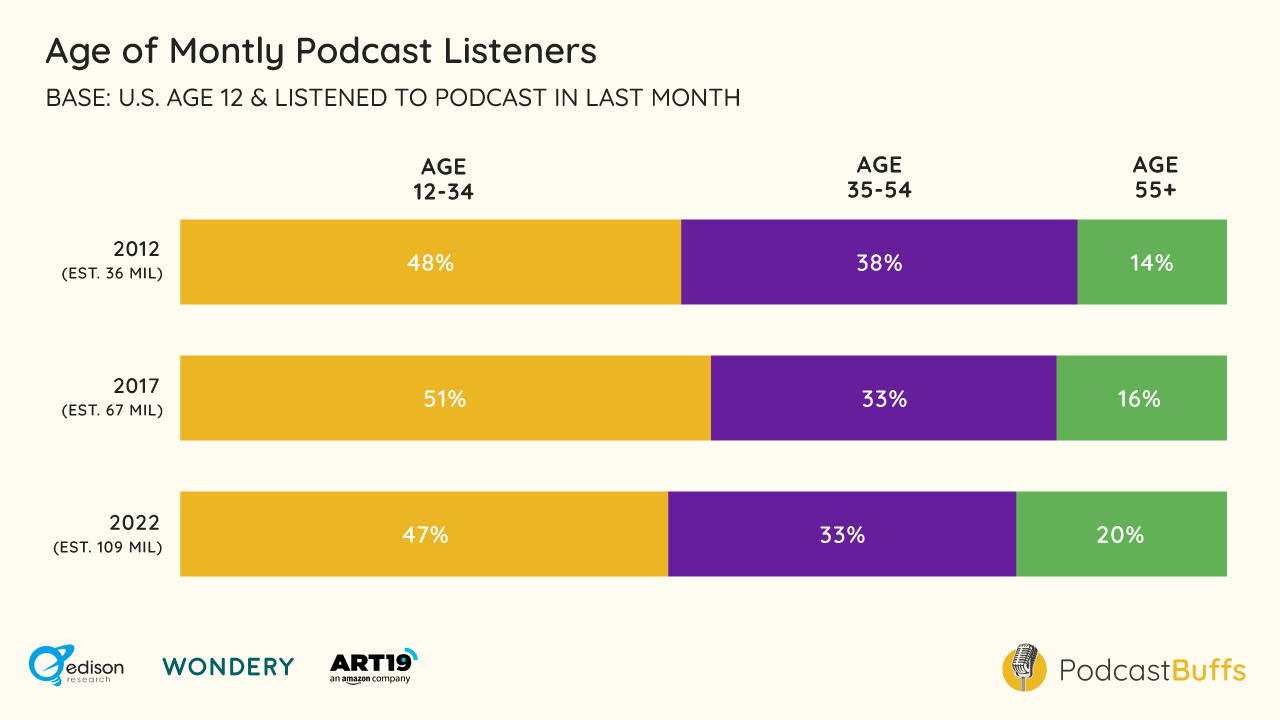
This statistic could be interpreted to mean a number of things about how the younger generation interacts with online media. Regardless, it presents a unique opportunity for educators to engage with learners.
Podcasting provides a platform to rethink education. Teaching podcasts open a new avenue to make lessons accessible, informative, and engaging.
The potential for podcasting in education circles is huge! From primary to tertiary levels of education, podcasting is a powerful tool that could positively impact learning outcomes beyond the limits of the classroom or lecture hall. Here’s why:
The Benefits of Podcasting Education:
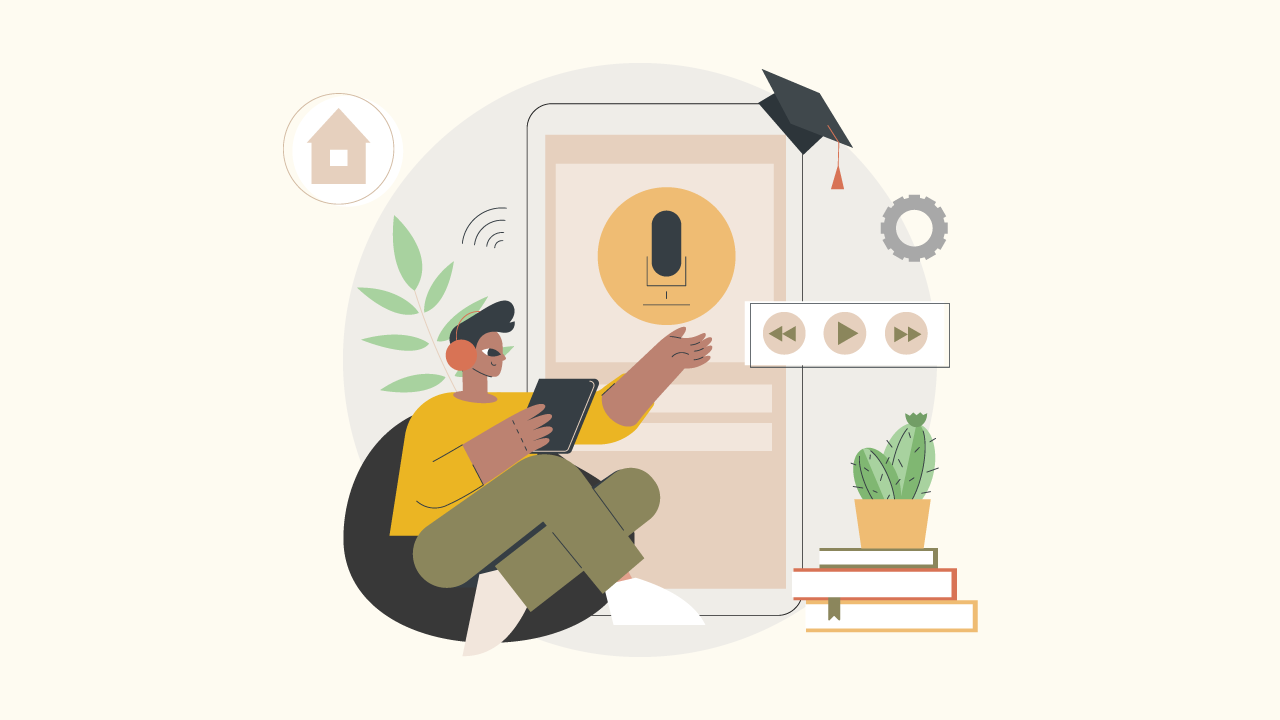
Starting a podcast is one of the best things you can do for your business or organization. To listeners, it’s a convenient, accessible, and engaging way to consume information. All these benefits speak to the classroom scenario.
Podcasts are an ideal learning platform! And it is of little surprise that most podcast listeners tune in to their favorite show with the primary goal of learning something new.
But how does all this apply in the education sector? Why should teachers, lecturers, or coaches care to start and run a teaching podcast?
1. Learning All day, Every day.
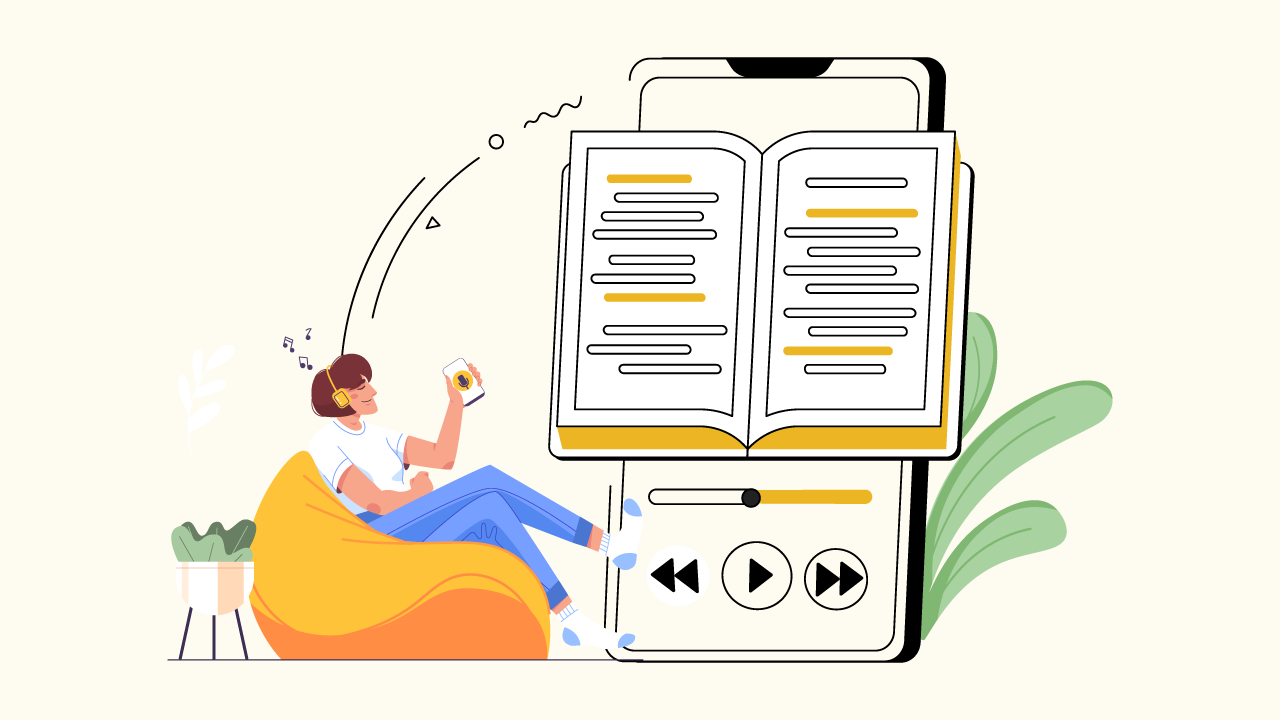
Podcasting education means learners can access learning content anytime, wherever they are, no matter what they are doing. The fact that most podcast listening platforms are free makes it simple for every student to download a podcast to their favorite devices and listen to educational content.
Students can subscribe to shows and have a new episode sent straight to their smartphone when uploaded. Kids sitting on a bus or walking across campus can have their minds and ears filled with accessible education resources.
And teachers can choose to make their podcast private or public, ensuring they have full control over who listens to their content.
2. Sustaining a Listener’s Attention – Aural Attention.
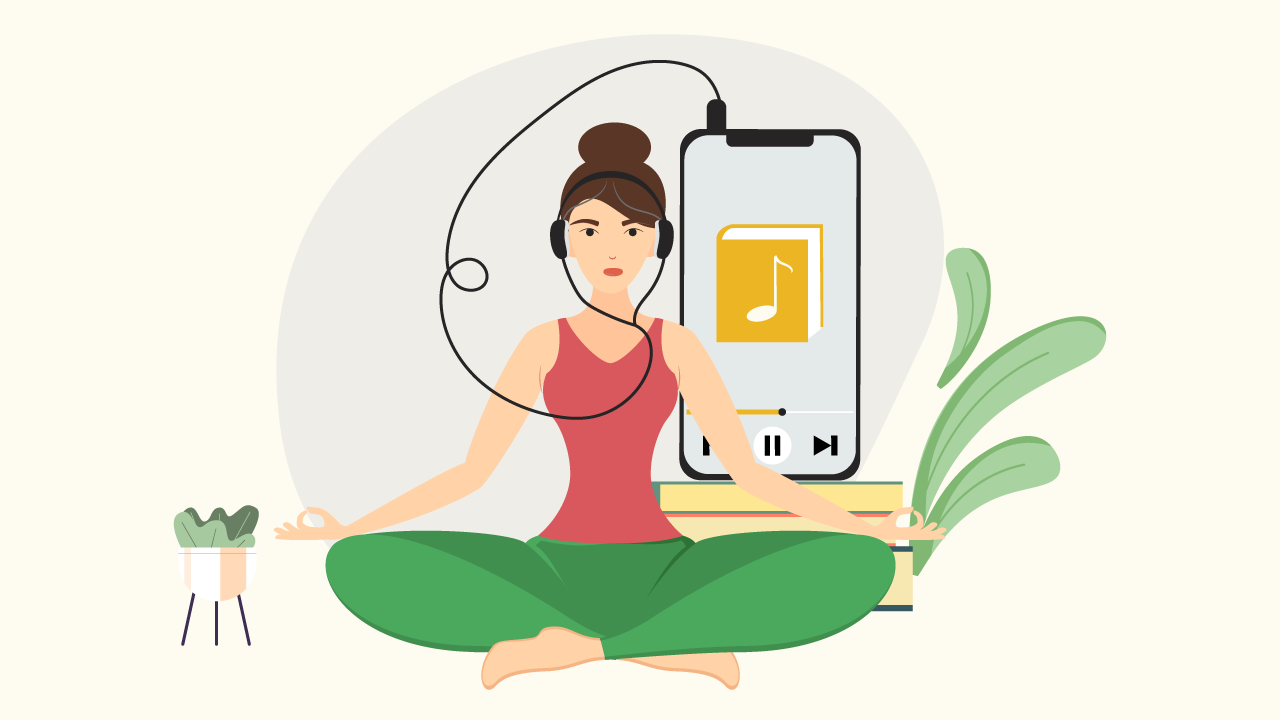
Humans have increasingly short attention spans! So much so that some studies suggest the average goldfish can sustain focus longer than us. Whichever way you take this information, there’s no denying that we live in a world of fragmented attention.
But with 85% of podcast listeners hanging around to the end of an episode, podcasting appears to be an exception to the attention conundrum. Why?
Perhaps it’s in the way we inherently direct our attention to a single stream of dialogue. Or maybe it’s because we’re able to paint a picture of someone’s emotional state by listening to the subtle cues in their voice. Some may even say listening to audio content fosters a feeling of connection, comfort, and relaxation.
Whatever the reason, audio content manages to grab our attention, and you can leverage it for podcasting in education to improve your teaching outcomes.
3. Accommodate Every Learning Style.
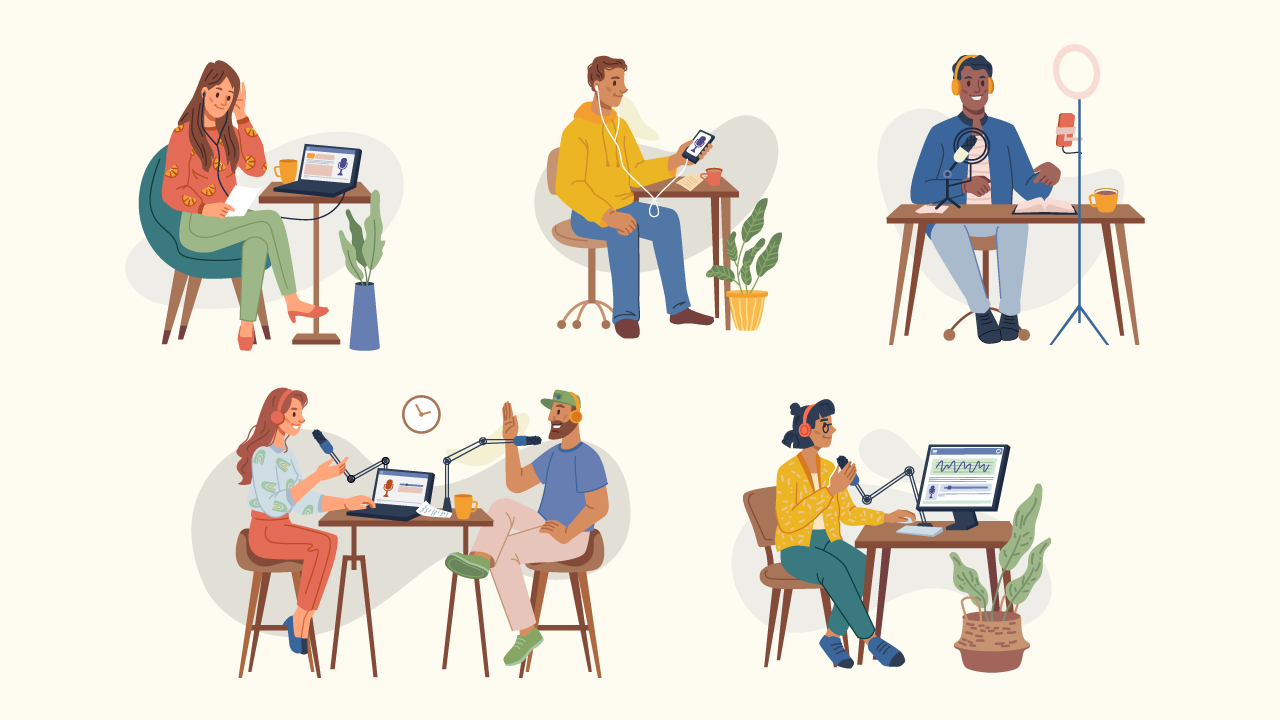
Offering a variety of learning styles is critical to effective education in the classroom.
Everybody has a different learning style. Some are visual learners; others prefer audio. Those with auditory learning styles will benefit from additional resources like teaching podcasts.
In a classroom, active and passive learning both are important. Active learning is where the learner acts on a skill to develop it. Passive learning would be listening to a podcast and absorbing information.
Creating podcasts would be an excellent addition to students’ education through active engagement. Engaging and actively interacting with content packs a powerful punch for consolidating knowledge in students.
4. Highly Effective Revision Tool.
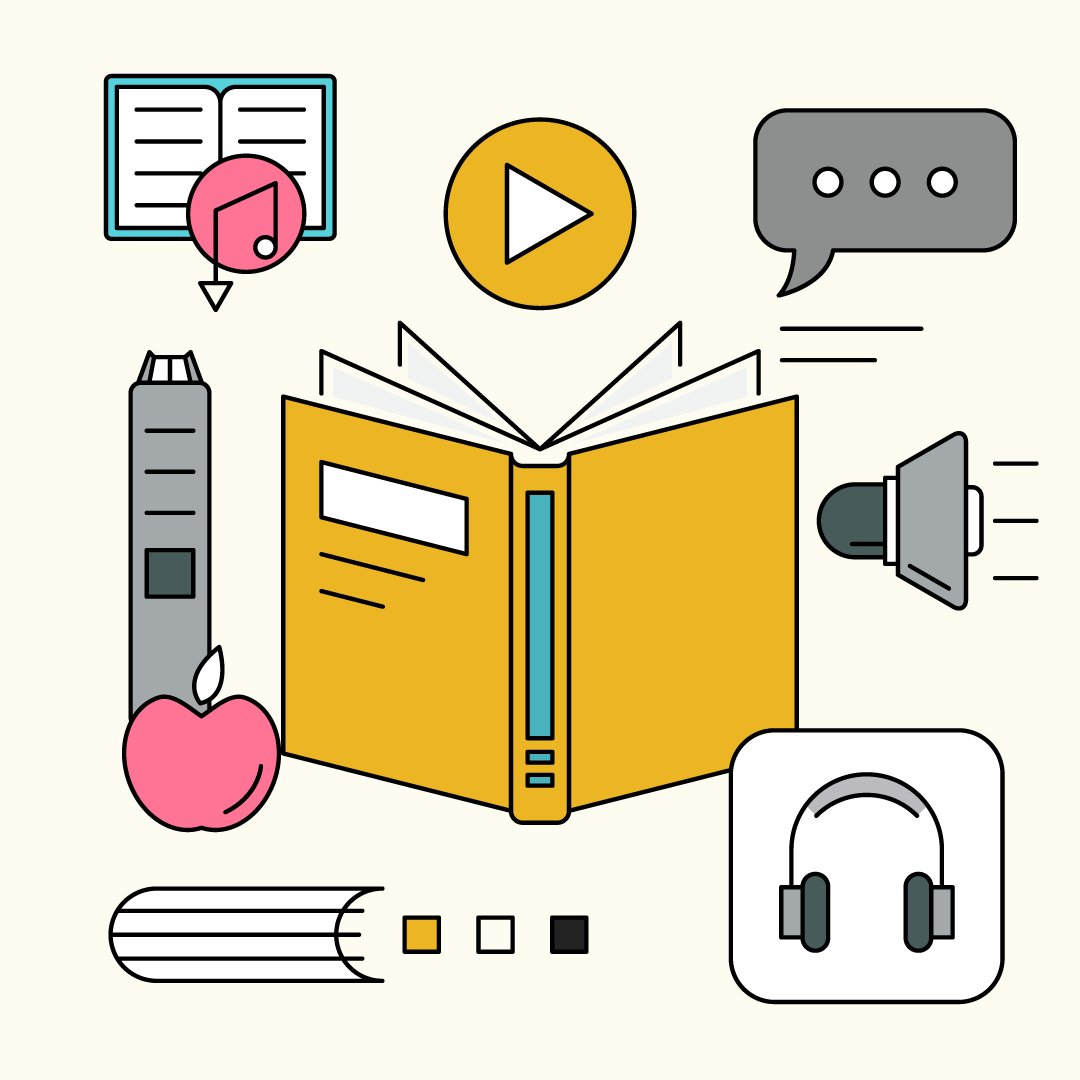
A large part of education is revising content to master it. And podcasts can offer a unique revision tool in education. Many students read and repeat information in a loud voice to revise the content they need for tests and exams. Pausing, replaying, and studying at your own pace are just a few benefits.
Spaced repetition, where you repeat your notes with gaps between each repetition, is a highly effective tool for remembering large amounts of information.
A tertiary education requires consuming, processing, and interacting with vast information. Sitting and reading through the information, or watching a video, are not the most comprehensive ways for educators to deliver accessible information.
Podcasts, on the other hand, are:
- An excellent opportunity for lecture reviews.
- Easy for referencing information in a systemized way.
- Great for preparing for examinations.
Allowing the students to review and easily access the information as they go on with their daily activities is a powerful teaching tool.
5. Cost Effective Media.
Teaching in podcasts is one of the most cost-effective ways to make education accessible and impactful. Unlike other means of content delivery, you don’t need fancy video equipment, editing software, or huge amounts of time and money to make a podcast.
With proper guidance on how to start a podcast, a USB microphone, and a laptop, you will be creating content in no time.
Podcasting in education also makes work from home a more viable option for teachers. Educators can record from the comfort of their living room.
6. Catching Up is Easier.
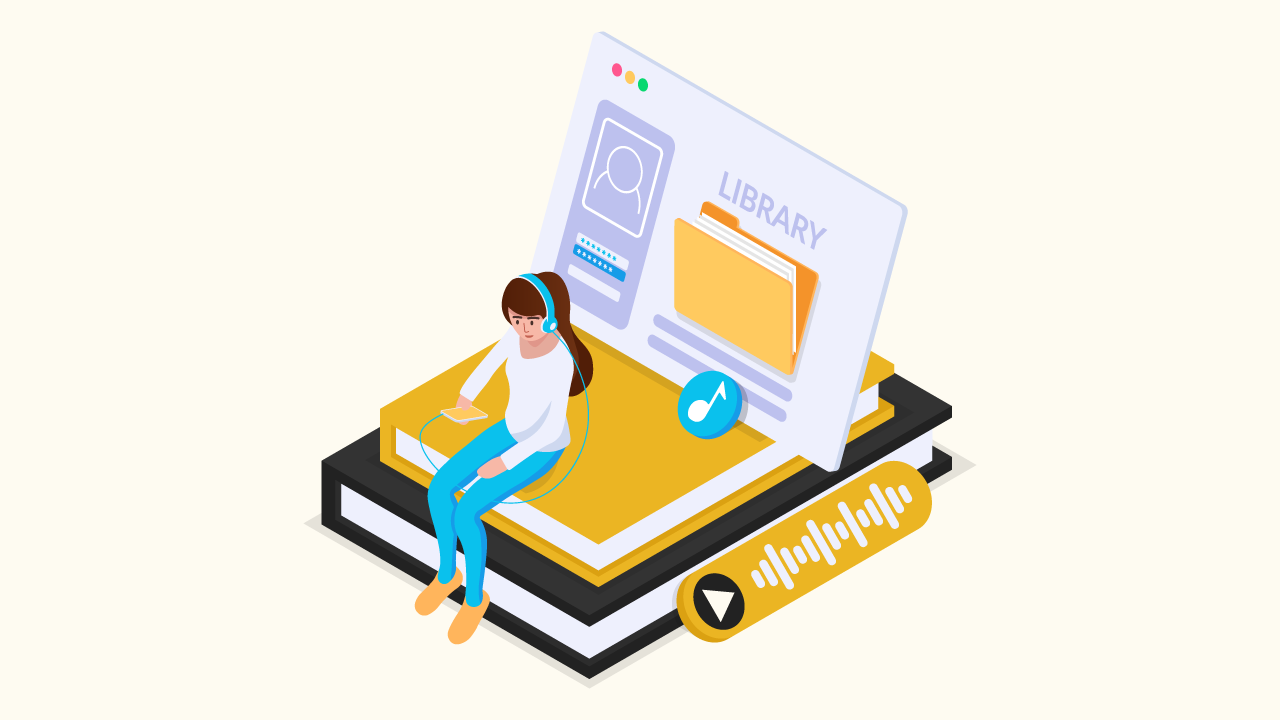
Getting caught up on content is one of the most stressful parts of being a student or teacher. Once you’ve fallen behind, catching up on backlogged work can be difficult and overwhelming.
The global pandemic showed that there needed to be new ways for educators to offer up information to their students where it was easy to keep up to date on their school work.
Recording a podcast delivers a medium of information sharing that can be used for years to come and allows students to effectively catch up on school work.
Teachers can also offer additional information to their students through podcasts that make for more meaningful education.
How to Start Podcasting in Education?
Convinced to explore podcasting in education? Great! Now, where to begin? Starting any podcast can be daunting for beginners—but it doesn’t have to be. Starting a teaching podcast can be as simple as:
- Repurposing an old lecture recording into a podcast.
- Recording conversations with guest lecturers.
- Interviewing experts on a topic of interest.
- Helping students prepare for exams through test review sessions.
- Inviting students to participate as speakers. You can ask them to publish their projects as podcast episodes.
- Providing additional information to complement or explore a lesson further.
Examples of Education Podcasts
Need some more inspiration or motivation to dip your toes into podcasting in education? You’re in luck! Podcasting education is a relatively hot category, with tons of captivating and successful shows in the niche.
Here are some of our favorite examples to inspire you:
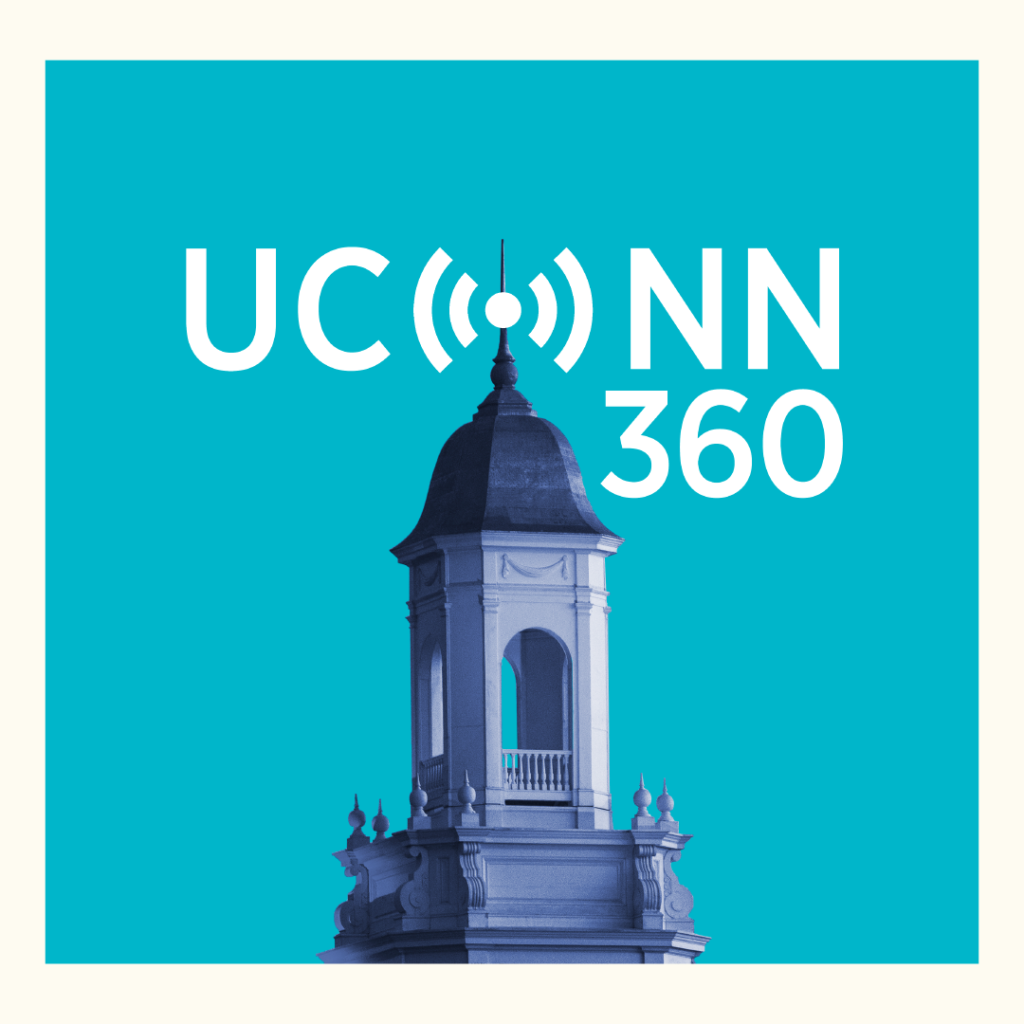
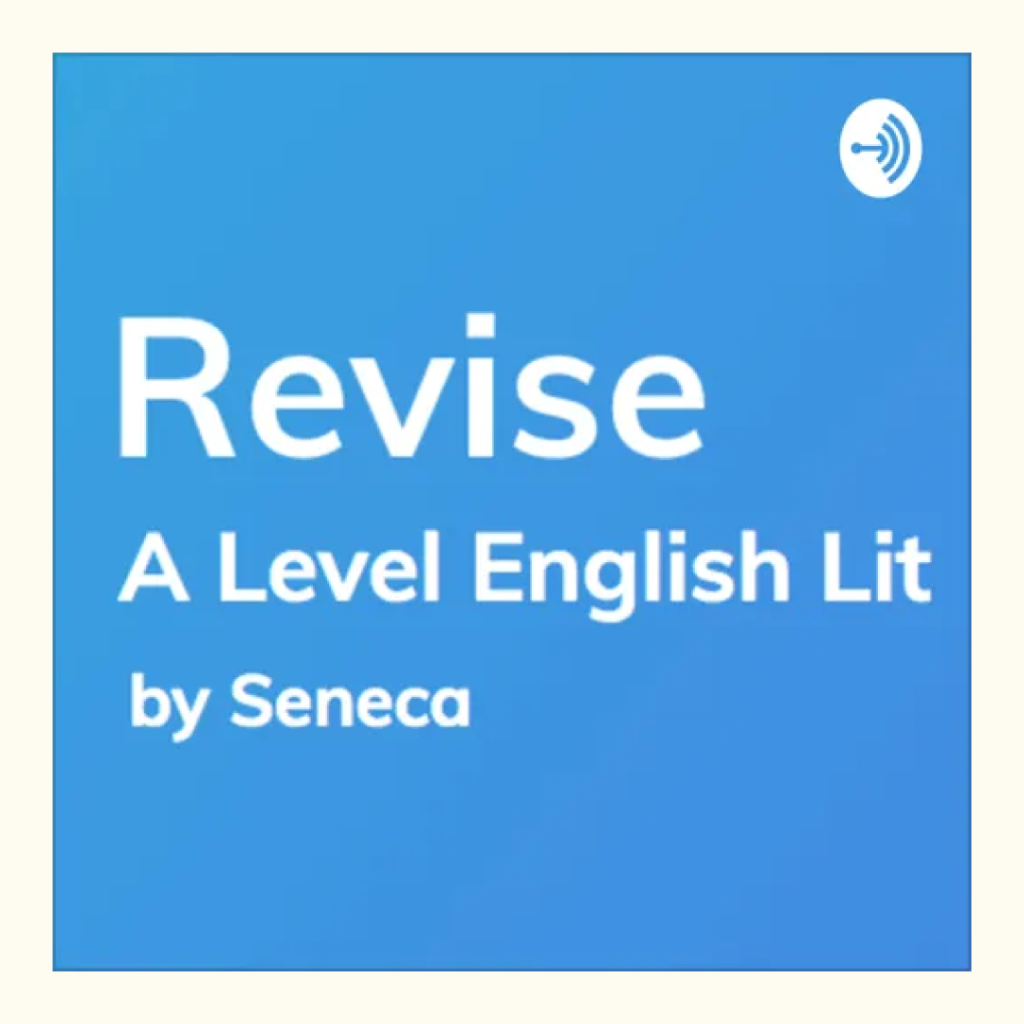
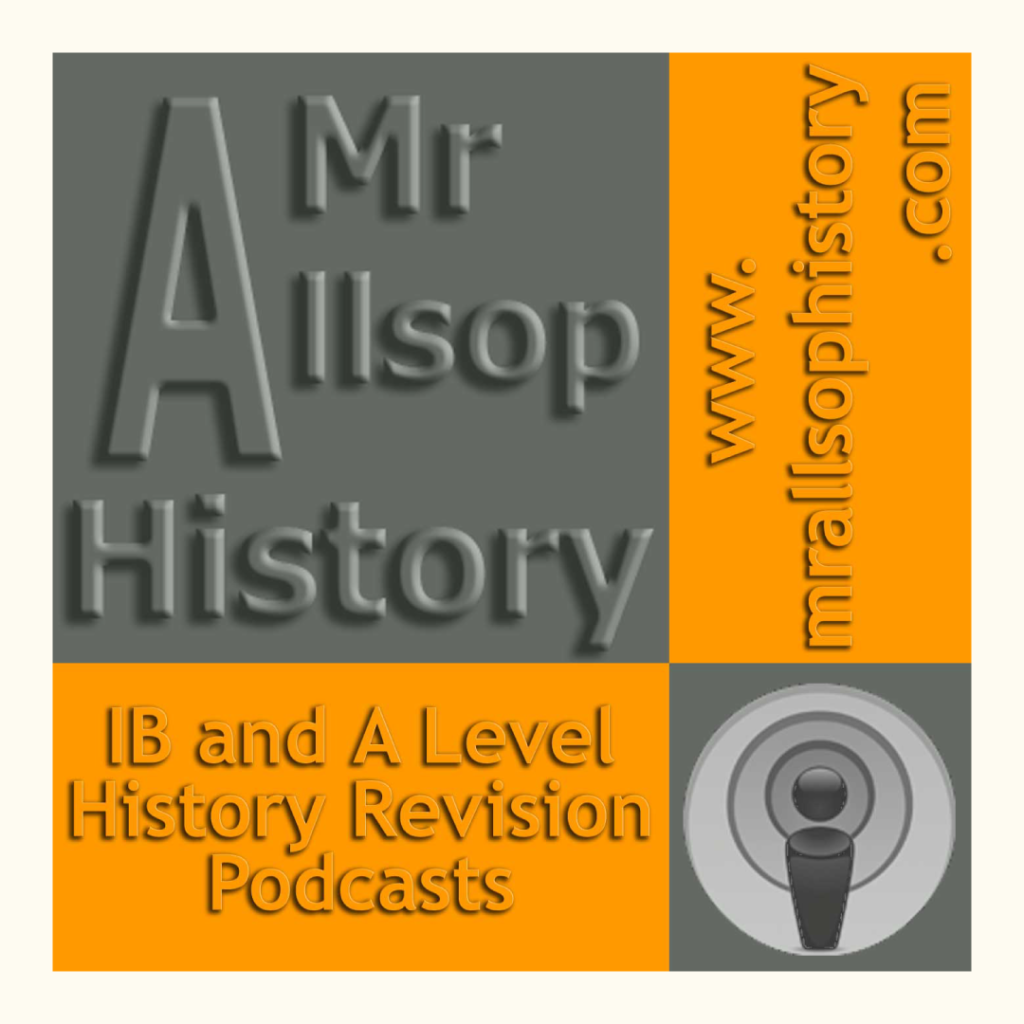
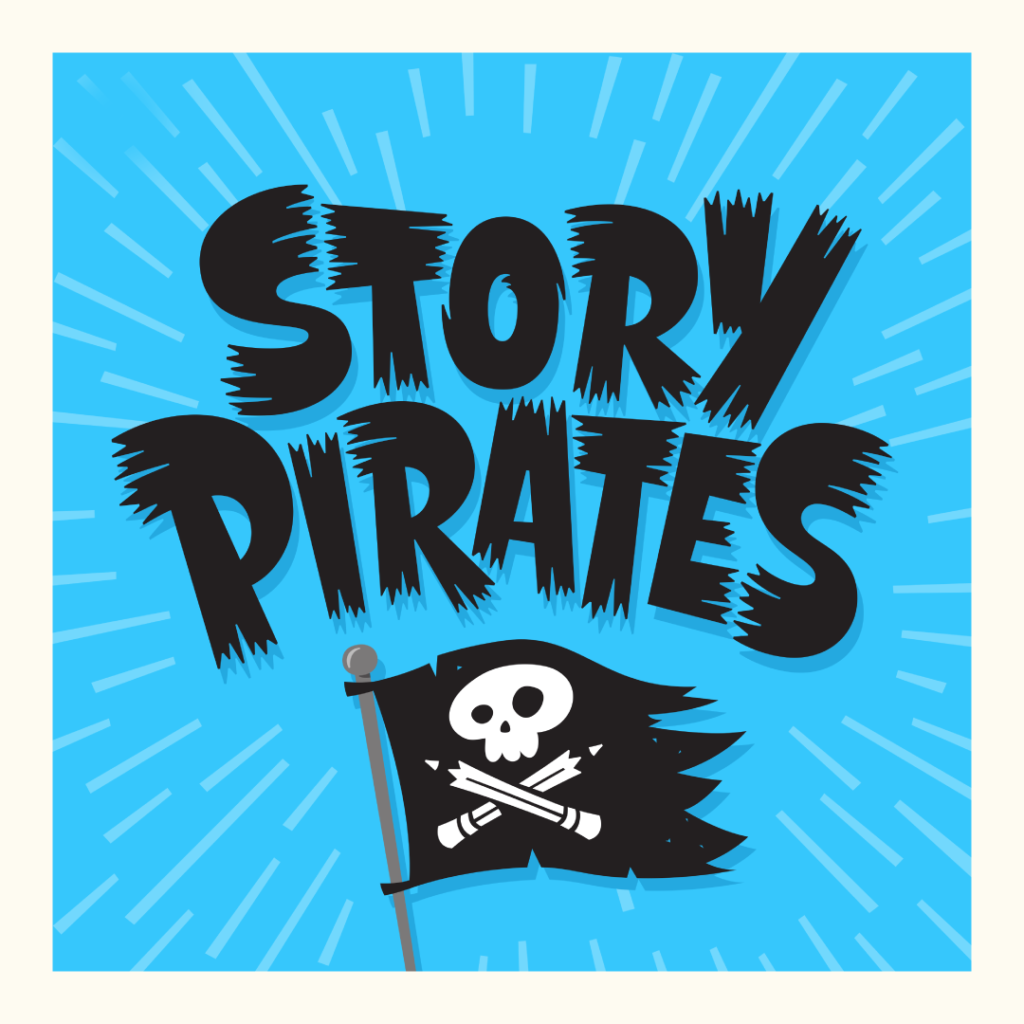
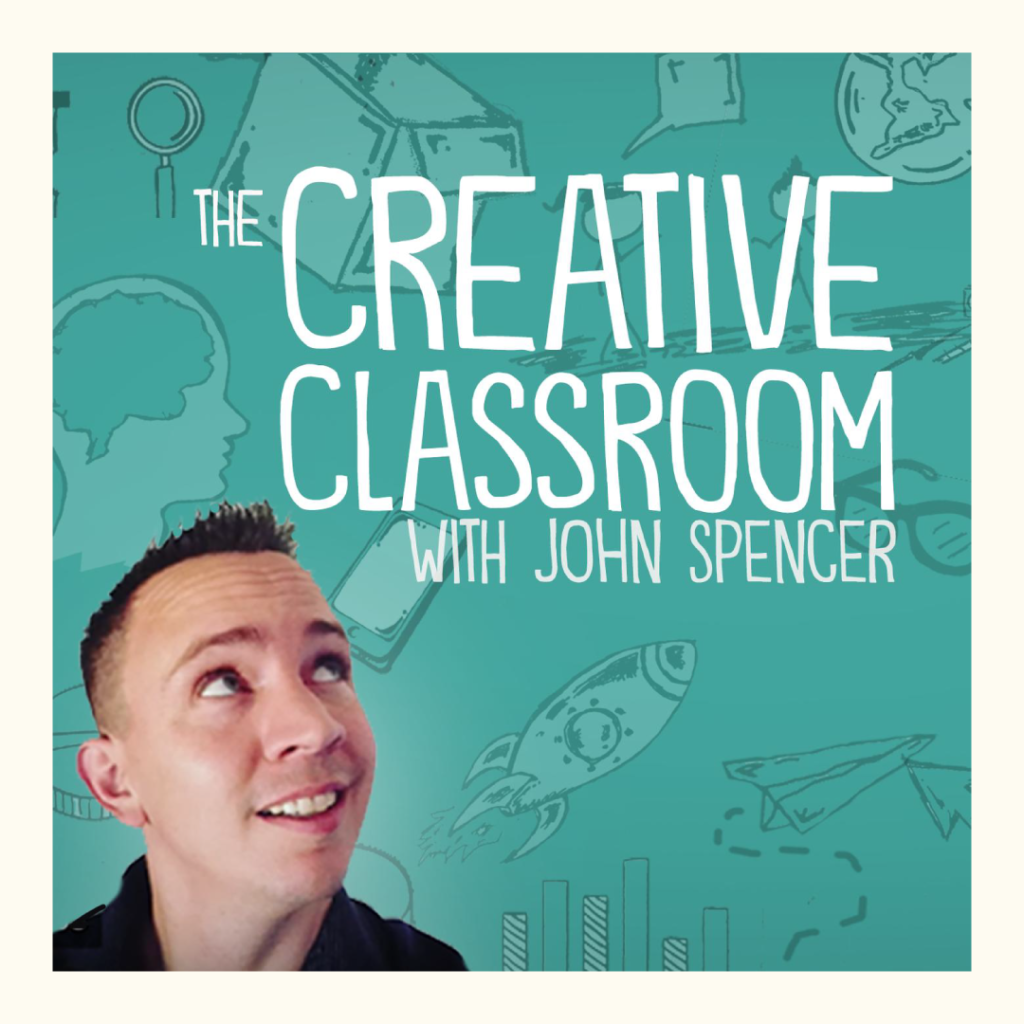

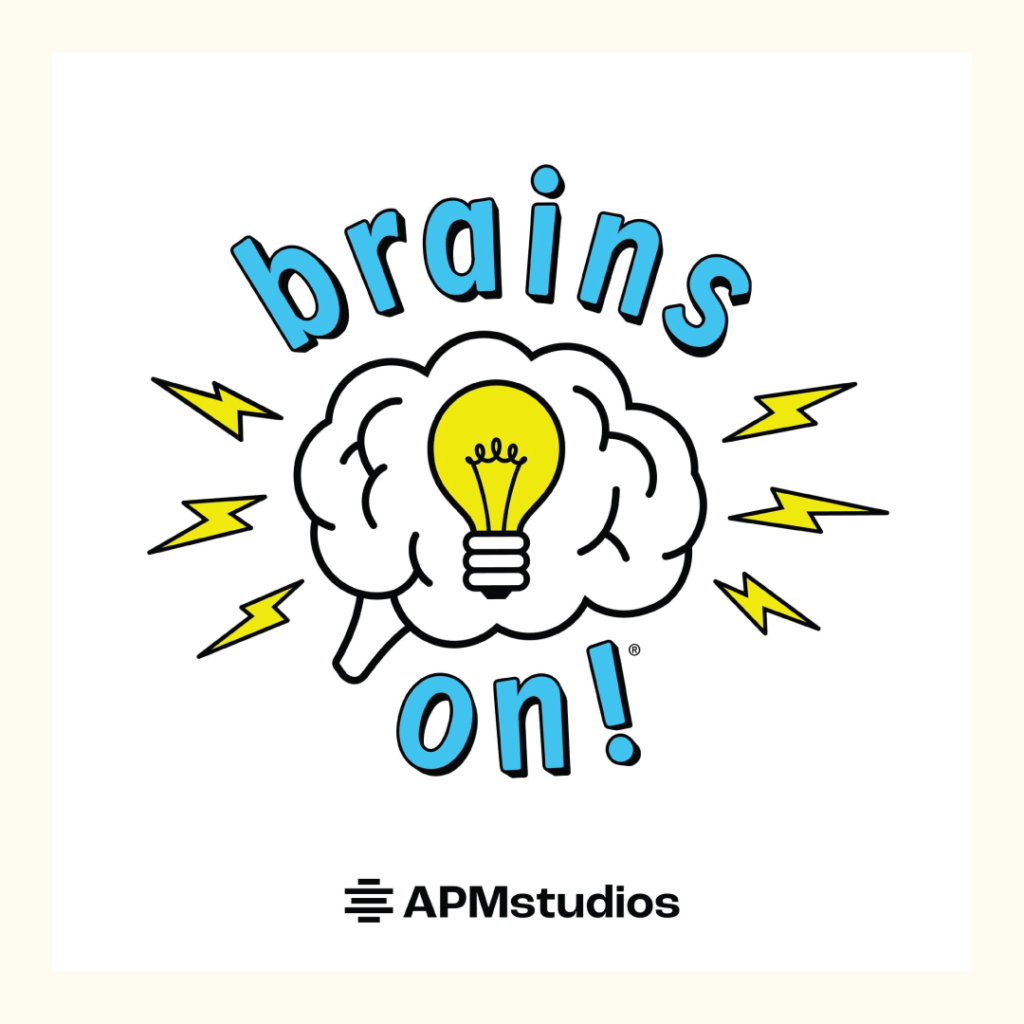
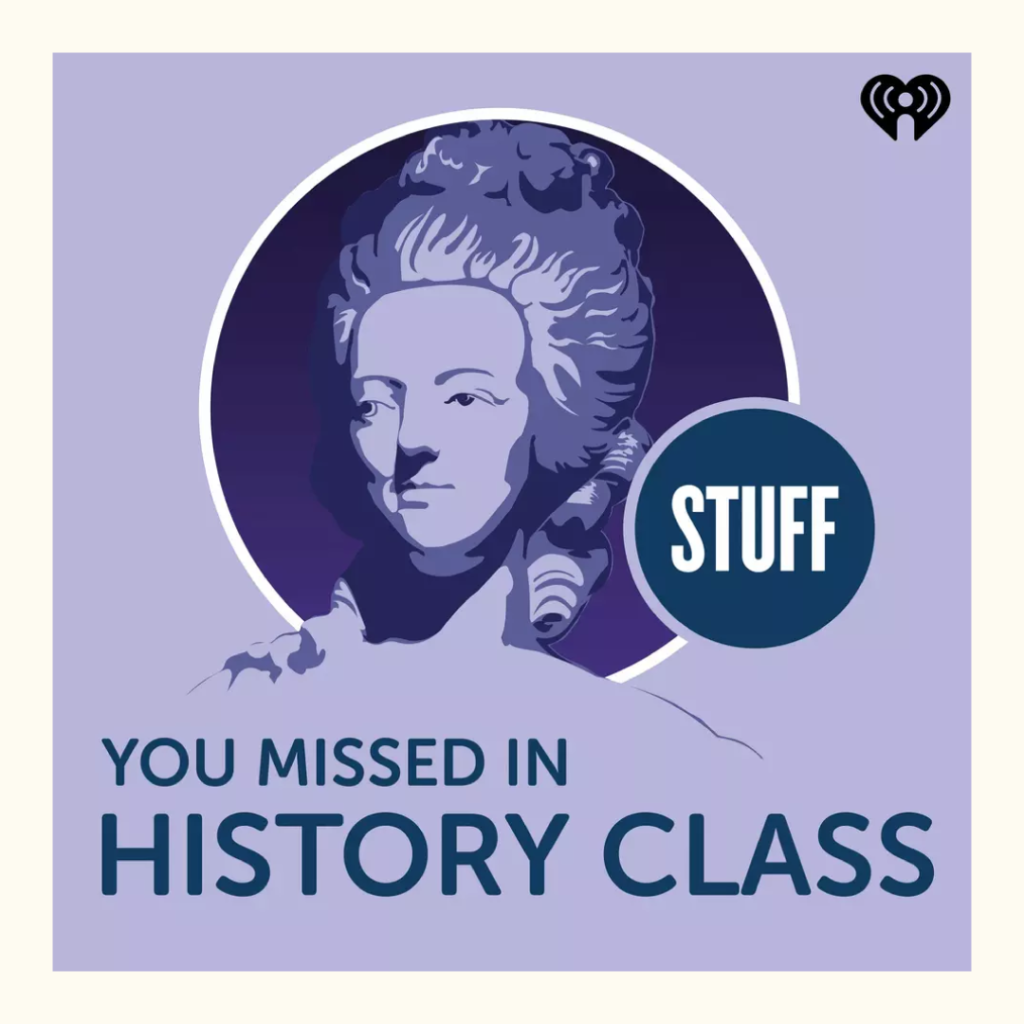
Transform Your Students’ Learning Experiences!
Podcasting in education is a unique opportunity to make learning accessible, engaging, and captivating for students. It complements in-person learning to enrich the learning experience.
If the idea of running an educational podcast sounds interesting, we can help you start your journey today.
